In the lead up to the 1983 presidential elections in which President Shehu Shagari was contesting for a second term, the police arrested the son of Mr. Tunji Braithwaite, one of the six presidential candidates, for being in possession of cannabis. But in deference to Braithwaite, a populist, left-leaning youthful lawyer, the police refused to identify the suspect and his father. The cops only issued a statement that said ‘’the son of a presidential candidate was arrested….’’. Of course, within hours, this set off a whirlwind of intense rumours across the nation. Which of the candidates? we asked. The Braithwaite Campaign soon issued a statement, identifying the young boy as the ‘’son of our presidential candidate’’, and promising that Mr. Braithwaite would cooperate with the authorities in their investigations. Braithwaite himself later offered to drop out of the presidential race, but the other five candidates commended him for his probity and prevailed on him to continue in the contest. This was Nigeria, a little longer than generation ago. A presidential candidate, embarrassed by the son’s behaviour, owned up to his misdemeanor, apologized for him and offered to step down from the race, apparently to save him, his family and the nation further humiliation.
Exactly forty years later, in 2022, another presidential candidate is the subject of a major drug story which developed in the United States. Widely reported by Saharareporters and other news outlets, the viral news is that the APC presidential candidate, Bola Ahmed Tinubu was charged (along with other defendants) in a case of drug trafficking and money laundering even when he was working for an oil company. Tinubu is said to have been involved in a white heroin trafficking network which operated in Chicago and some parts of Indiana and led by one Adegboyega Mueez Akande between 1988 and 1993.
Join our WhatsApp ChannelThe source of the white heroine was identified as one Mr. Lee Andrew Edwards who was incarcerated for attempting to murder a federal agent while the agent was executing a search warrant on him. According to the Verified Complaint for forfeiture in case No. 93 C 4483 which was filed on July 26, 1993 before the Hon. Judge Nordberg of the United States District Court for the Northern District of Illinois, the United States Government urged the Court to order the forfeiture of funds in accounts Nos. 263226700 held by First Heritage Bank in the name of Bola Tinubu; funds in accounts 39483134, 39483396, 4650279566, 00400220, 39936404 and 39936383 held by Citibank N.A in the name of Bola Tinubu and funds in accounts 52050-89451952,52050-89451952, 52050-89451953 held by Citibank in the name of Bola Tinubu because there was probable cause to believe that the funds in Tinubu’s bank accounts represented proceeds of narcotics trafficking or were monies involved in financial transactions in violations of 18 U.S.C, sections 1956 and 1957 and therefore, was forfeitable to the U.S. Government.
However, in a tacit defense of the ownership of the funds, Asiwaju Bola Tinubu averred in Court that the funds belonged to himself, his wife, K.O. Tinubu and his surrogate mother, Alhaja Mogaji and warranted that they had exclusive right, title and interest to the funds. After intense investigations and trial, Tinubu forfeited $466,000 in his account to the US government. This amount was deemed by the U.S. authorities to be proceeds of drug trade in which the former Lagos governor was involved.
I urge Nigerians to read this amazing, blood-cuddling story, which is a product of FBI investigations, and has been widely published in many platforms. It is quite telling that the Bola Tinubu Campaign has not commented on this story since it was published when he was governor and republished recently after he won the APC primary. Even as the story has been trending online, the campaign has neither owned up nor debunked it, apparently hoping that Nigerians, obsessed with ethnic and religious politics and other mundane issues, are not paying attention.
Even as we are known for our short memories and brief attention span, the Tinubu story will linger for a while. What are the implications of a governing party nominating a man with such a sordid background as its presidential candidate? First, it shows that decadence has permeated every aspect of our politics, so much so that we are now too inured to corruption to care. Poverty and depravity have so overwhelmed us that we are no longer alarmed by anything. Did the APC delegates and almighty Northern governors not know that Tinubu was once a drug runner? Why is El-Rufai, who always postures as Mr. Clean, not express any outrage; instead, he is among those fighting to be Tinubu’s running mate?
Second, if Tinubu is elected President, and there’s a strong likelihood that he would, how would he be received by world leaders? Would Joe Bidden receive a man, indicted by FBI of dealing in heroine, into the White House? will he stand shoulder-to-shoulder with world leaders at any global platform?
Third, what would the world think of Nigeria and Nigerians? A country once seen as giant of Africa and torchbearer to the rest of the continent, being led by a man of crooked pedigree, cannot escape the scorn of the rest of the world. A country that sent its troops to war to dethrone Charles Taylor, an African Head of State who was dealing in illegal diamonds and perpetrating atrocities against his people, is in the throes of electing a former drug dealer. What a moral burden!
Fourth, did Bola Tinubu know the harmful effects of heroine? Did he worry him that this substance has sent many to their deaths and destruction? And finally, why is the Nigerian media not outraged or alarmed by this revelation? Where are the commentators and talk show hosts? A newspaper publisher recently admitted to me that our journalists are so embedded in the Tinubu project that they would never utter a word even if the man fires a gun on Broad Street. If indeed, the media has been so mired in the squalor, then there is no redemption for the country!

Etim Etim
ETIM ETIM is a journalist, banker and author. He has been a member of the Editorial Board of The Guardian, a Regional Manager in Access Bank and is currently a Columnist in Prime Business Africa, The Cable and Businessday newspapers.
He is also the Chief Executive of Stein Meyer Communications, a major media consultancy and the author of the best-selling book, "Akwa Ibom Heroes: Inside Story of the Fight for Abrogation of Onshore-Offshore Oil Dichotomy" and co-author of another book, "Osinbajo Strides: Defining Moments of an Innovative Leader".

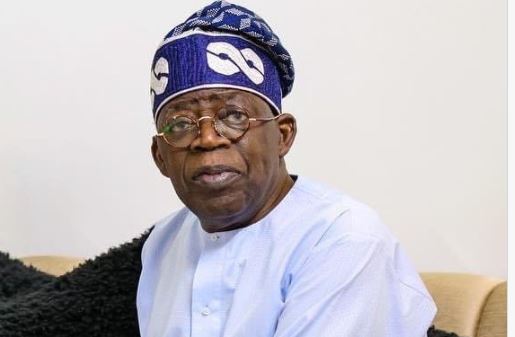


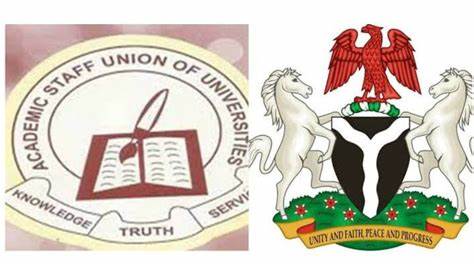
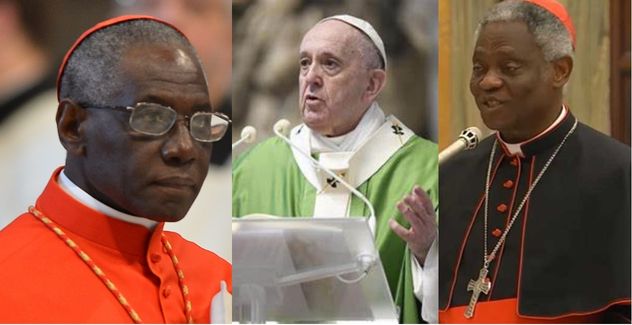
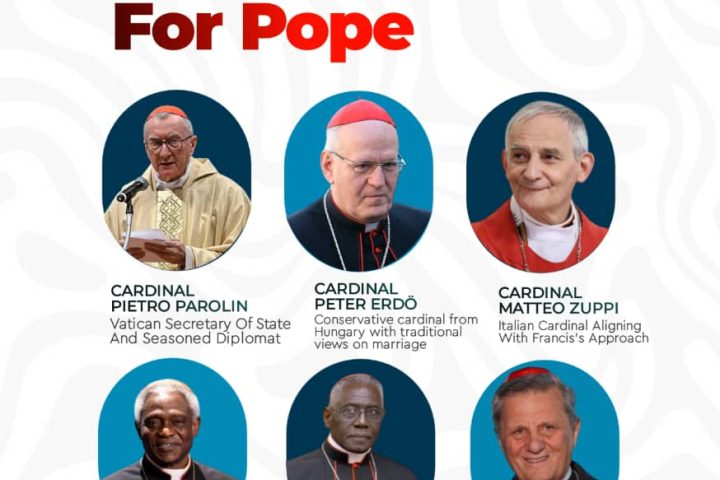








![Trump, Zelenskyy Discuss Peace Plans During Pope Francis’ Funeral In Rome [VIDEO]](https://www.primebusiness.africa/wp-content/uploads/2025/04/Trump-and-Zelenksy-meet-at-Pope-Francis-Burial-150x150.jpeg)
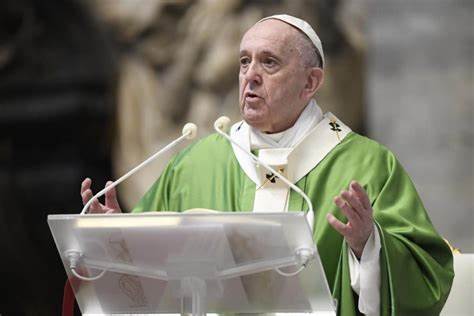

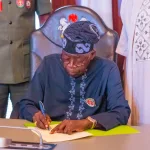
Thank you for this insight.